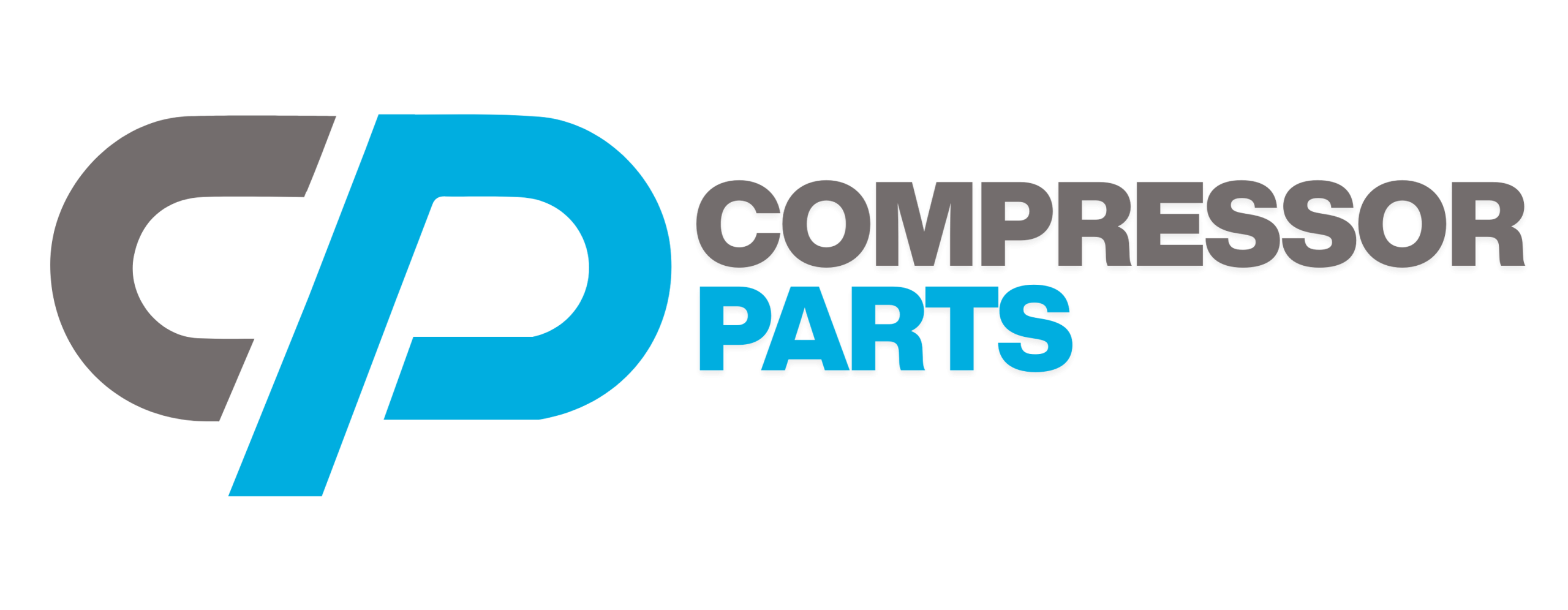Air Compressor Maintenance Guide (UK Edition)
Applies to workshop piston units, rotary screw machines and oil‑free/dental systems. Brands referenced include ABAC, Atlas Copco, FINI, NUAIR and HPS.
Maintaining an air compressor is about consistency rather than complexity. Small tasks done on time—checking oil levels, changing filters, inspecting belts—prevent the big problems that cause downtime and emergency callouts. This UK-focused guide gives you a practical, step-by-step schedule you can apply to most compressors used in garages, manufacturing, and dental practices. It strikes a balance between technical accuracy for engineers and clear guidance for business owners who just want machines to run efficiently and safely.

Core Principles That Keep Any Compressor Reliable
Regardless of make or model, three principles underpin a reliable system:
- Clean air in, clean air out: Intake filters stop dust entering; oil and separator filters (on screw machines) protect the airend and ensure low oil carryover.
- Temperature control: Clean coolers and correct oil viscosity (ISO 32/46/68) reduce operating temperature, protecting bearings and seals.
- Condensate management: Proper drains and oil-water separators prevent water pooling, corrosion and environmental non-compliance.
Suggested Service Schedule (Typical UK Use)
Daily/Weekly:
- Check for unusual noise, vibration or alarms on the controller.
- Verify operating pressure (bar) and temperature; compare with normal trends.
- Drain receiver and filters if you don’t have an auto drain.
- Visually check for leaks (hose joints, fittings, quick couplers).
Monthly/Quarterly:
- Inspect and, if required, replace intake filters. Dusty UK workshops can clog elements quickly.
- Check belt tension and condition; listen for slip squeal on piston sets.
- Clean coolers (compressed air then fin comb if needed) to keep discharge temperature down.
- For dental/oil-free: check dryer cartridges, bacterial filters and acoustic housings.
Semi-Annual/Annual:
- Replace oil and oil filters (screw only) and air/oil separator where specified.
- Install a complete service kit—especially useful to catch gaskets, O‑rings and seals that are often forgotten.
- Test safety relief valves and inspect electrical terminations for heat discolouration.
Brand & Technology Notes
- ABAC / FINI / NUAIR piston: Expect 250–500 hr oil changes; keep valve plates clean and check reeds/gaskets. Intake filters are small but critical.
- Atlas Copco screw (GX/GA): Typically 2,000–4,000 hr oil and filter intervals based on environment and oil type. Keep coolers immaculate.
- Dental & oil-free: Less about oil, more about air quality—replace intake and bacterial filters on schedule; watch dryer performance.
How to Spot Trouble Before It Stops Production
Monitor a few simple metrics:
- Rising discharge temperature: Cooler blockage or wrong oil grade.
- Increasing pressure drop: Clogged filters or undersized piping/regulators.
- Oil mist at outlets: Separator approaching end-of-life or overfilled oil.
- Vibration and noise: Loose mounts, worn bearings or misaligned pulleys/couplings.
Energy Efficiency: Quick Wins That Pay Back
- Fix leaks—10 small leaks can waste the output of an entire small compressor.
- Keep filters fresh—each extra 0.2 bar of pressure drop increases energy cost.
- Set pressure correctly—every 1 bar increase typically adds ~7% to energy use.
- Right oil, right grade—synthetic oils on screws can improve thermal stability and efficiency.
Compliance & Environmental Responsibilities (UK)
Condensate from oil-lubricated compressors contains oil. Under UK regulations it should not go to foul drain untreated. Fit oil‑water separators sized to compressor flow (CFM/m³/min) and maintain cartridges on schedule. Dental practices should also consider HTM‑01 guidance and local water authority requirements.
Recommended Spares to Keep On Site
- Intake filters (2–3 sets), oil filter (screw), separator (where applicable)
- Correct grade oil (ISO 32/46/68 or food/dental-grade where needed)
- Belts, gaskets and O‑rings (often included in service kits)
- Drain valves or auto drains
Getting Help
Send your nameplate photo (Make, Model, Variant, Serial) and we’ll confirm compatible parts for ABAC, Atlas Copco, FINI, NUAIR, HPS and dental units.
Next step: Explore Service Kits · Filters · Compressor Oils or Contact our UK team.
FAQs
How often should I change oil?
Piston: 250–500 hours or annually. Screw: 2,000–4,000 hours depending on oil and environment. Always consult your manual.
What oil grade should I use in the UK?
ISO 46 is common for many screws; pistons often require non‑detergent oils. Follow OEM guidance.
Do I need an oil‑water separator?
Yes, for oil‑lubricated systems to remain compliant. See our condensate range.
Can you cross‑reference part numbers?
Yes—send us your OEM number or serial and we’ll match suitable OEM or high‑quality alternatives.
